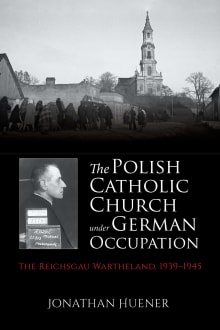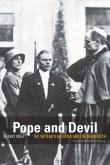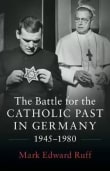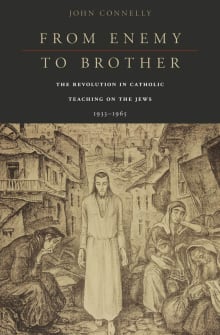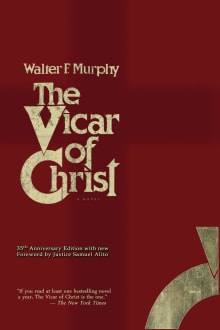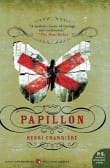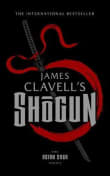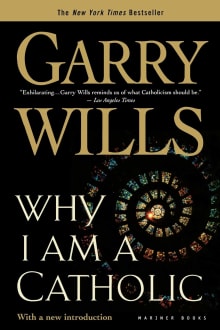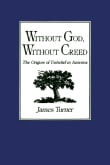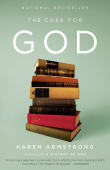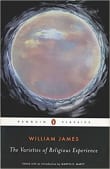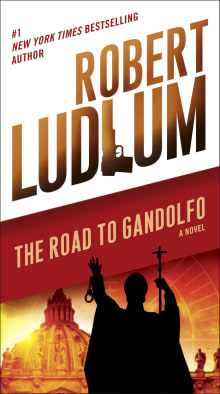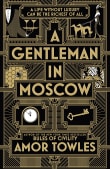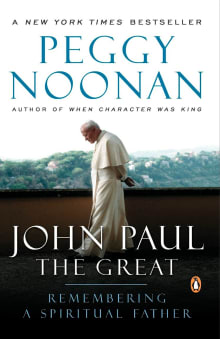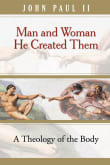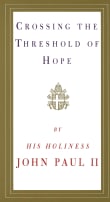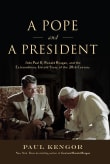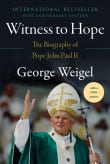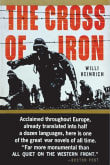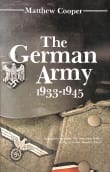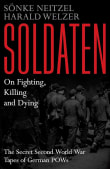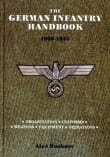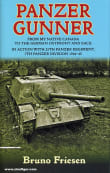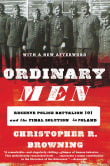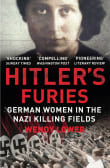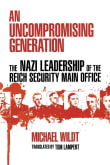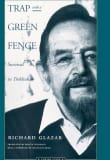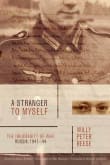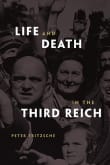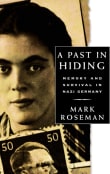
From my list on Catholic churches in Hitler’s Germany.
Why are we passionate about this?
We are historians of twentieth-century Germany who investigate the relationship between church and state from 1918-1945. We are fascinated by the choices of Christian leaders during this time as they negotiated the challenges of living and leading under National Socialism. In our writing, we seek to understand the connections between Christian antisemitism and National Socialists’ racial-based exclusionary ethnonationalism and antisemitism and seek to understand how religious communities navigate ethical and practical challenges of living through political upheaval and fascism.
Kevin's book list on Catholic churches in Hitler’s Germany

Why did Kevin love this book?
Huener has produced a definitive study of the Catholic Church in western Poland under German occupation. Identified by the Germans as the Reichsgau (district) Wartheland or Warthegau, it encompassed 45,000 square kilometers (roughly the size of Vermont and New Hampshire) with a “population of more than 4.9 million, including approximately 4.2 million Poles, 400,000 Jews, and 325,000 Germans.” Of this demographic, 3.8 million were Catholic and ninety percent were ethnic Poles. The German Reich incorporated the territory even though its borders remained guarded and not easily crossed. It included 1,023 parishes, served by 1,829 diocesan priests, 277 male religious, and 2,666 women religious.
Before World War II ended, the German occupiers would close more than ninety-seven percent of the churches, dissolve all Catholic organizations, deport, or imprison most women religious, and arrest more than 1,500 priests, of whom 815 they murdered directly or indirectly. In eighteen succinct and exceptionally well-written…
1 author picked The Polish Catholic Church Under German Occupation as one of their favorite books, and they share why you should read it.
When Nazi Germany invaded Poland in 1939, it aimed to destroy Polish national consciousness. As a symbol of Polish national identity and the religious faith of approximately two-thirds of Poland's population, the Roman Catholic Church was an obvious target of the Nazi regime's policies of ethnic, racial, and cultural Germanization.
Jonathan Huener reveals in The Polish Catholic Church under German Occupation that the persecution of the church was most severe in the Reichsgau Wartheland, a region of Poland annexed to Nazi Germany. Here Catholics witnessed the execution of priests, the incarceration of hundreds of clergymen and nuns in prisons and…
